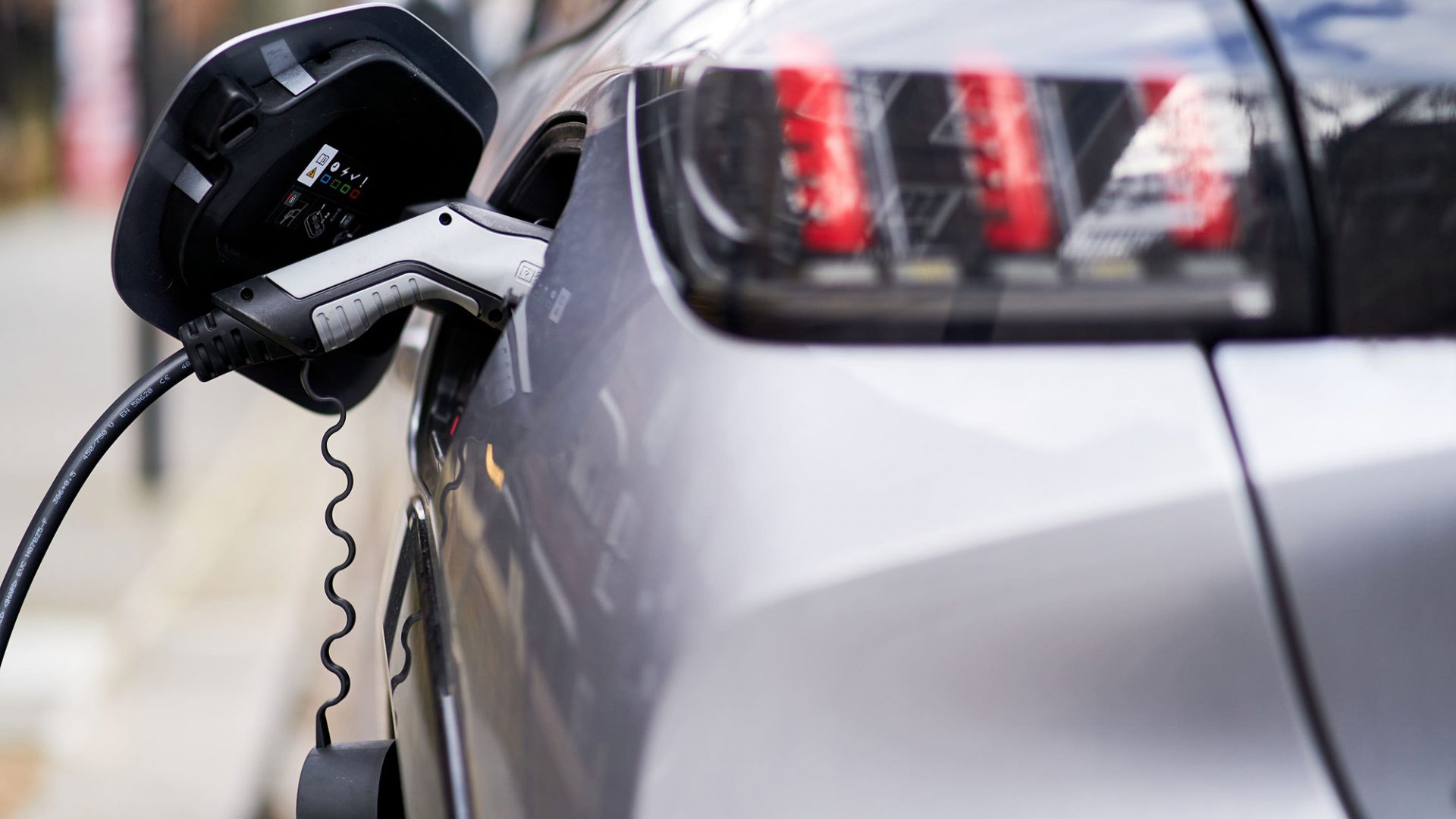The UK’s automotive industry needs to rapidly move to a mass market in the switch to electric vehicles.
That’s according to SMMT chief executive Mike Hawes, who warns that although there has been what he labelled ‘impressive growth’, the country is still at an early adopter stage.
Writing for The Times, the head of the automotive industry body said that since road transport caused the largest amount of emissions, it had to head the change in order for the UK to achieve its net zero target by 2050.
The government’s ZEV mandate, introduced at the beginning of the year, means that more and more new cars and vans sold by manufacturers will have to be zero-emission, so that by 2030 80% of cars and 70% of vans will have to be emission-free.
Manufacturers that fail to abide by the rules or make use of flexibilities – such as carrying over allowances from previous years – will have to pay the government £15,000 per polluting vehicle that is sold above the limits.
The government also wanted 100% of new car sales to be pure electric by 2030, but that was moved to 2035 last September.
However, said Hawes, ‘mandates don’t make markets. Fleet renewal will depend on cost, convenience and choice’.
He said that people could now choose from more than 100 models of electric car, 20 of electric vans, as well as a similar total of electric HGVs plus a developing hydrogen sector.
‘But despite impressive growth, the electric vehicle market remains at the early adopter stage. We need to move to mass market, and fast.
‘Key to that is cost, ensuring an affordable transition for all. Zero-emission vehicles are inherently more expensive, with batteries roughly treble the cost of an engine. Industry is driving down those costs, but more is needed,’ he said.
And although companies and fleets were being helped by ‘compelling incentives’ to switch to electric, private buyers lacked similar support so were holding back from making the transition.
He pointed out other damaging factors such as there being no VAT on heat pumps and solar panels, which cut carbon, but cars having a 20% VAT levy, no matter what emissions they produce.
Hawes called for the government to temporarily halve VAT on new EVs, which he said would save a private buyer some £4,000.
That in turn would put another 270,000 electric cars, as opposed to diesel or petrol vehicles, on roads and slash carbon dioxide by over 5m tonnes over three years.
He also urged the government to cancel what he called ‘the distorting vehicle excise duty “expensive car supplement” that most EVs will probably have slapped on them from next April, as well as bring the 20% VAT applied to public charging in line with the 5% levy on home charging to make things fairer.
And although the public charging infrastructure for EVs was improving, it wasn’t happening quickly enough he said, with drivers ‘routinely’ labelling it ‘inadequate’.
Hawes added: ‘Government has set the world’s most ambitious targets; now we need equally ambitious policies to help on cost and convenience, to speed up the switch and put Britain in pole position for clean, green transport.’



































